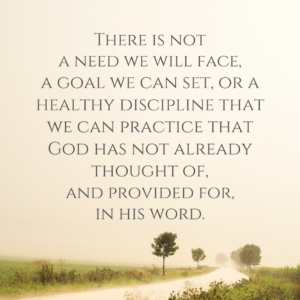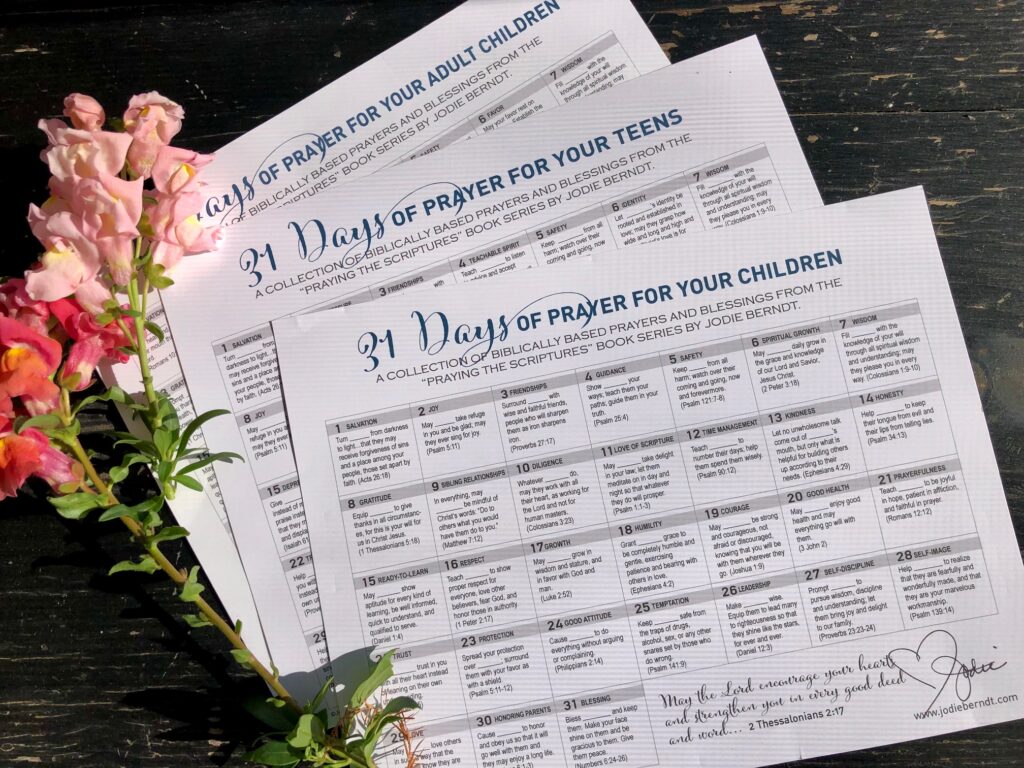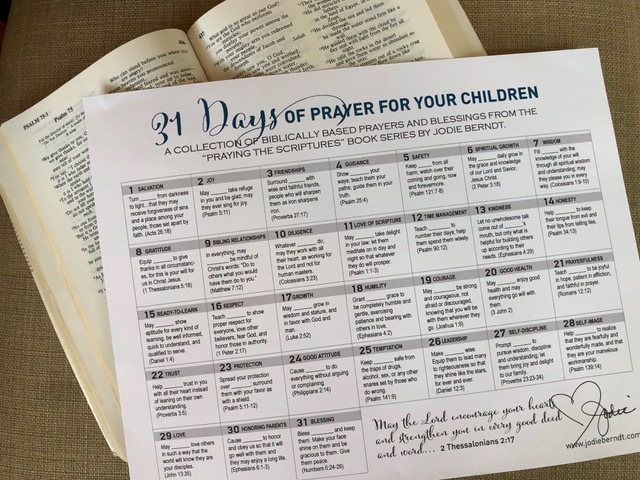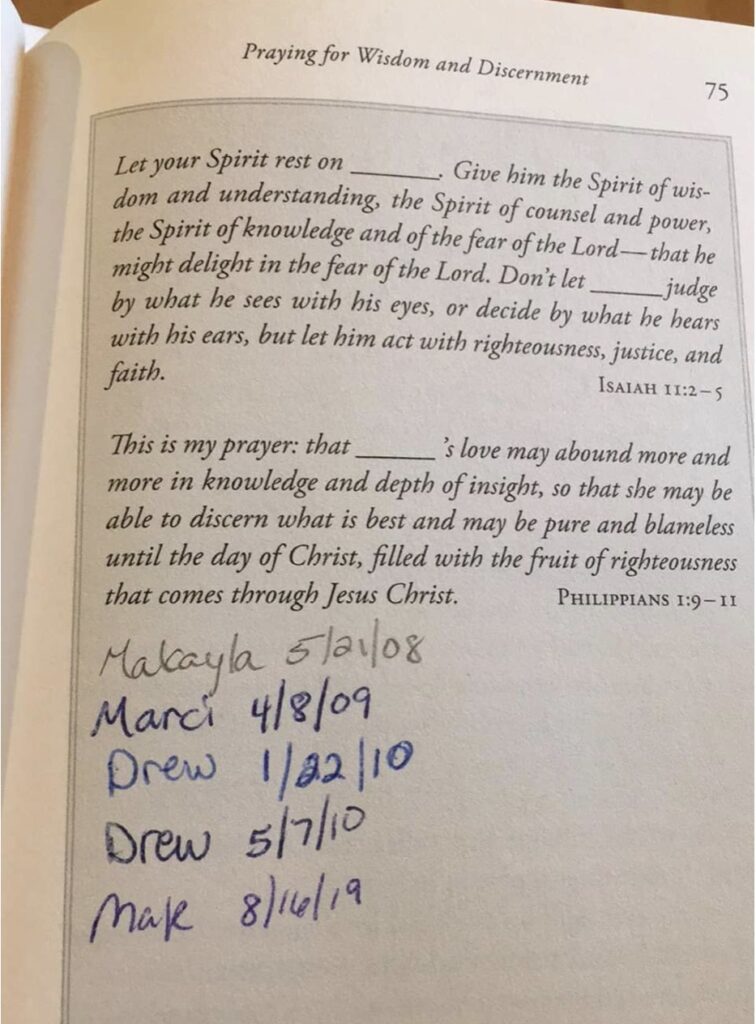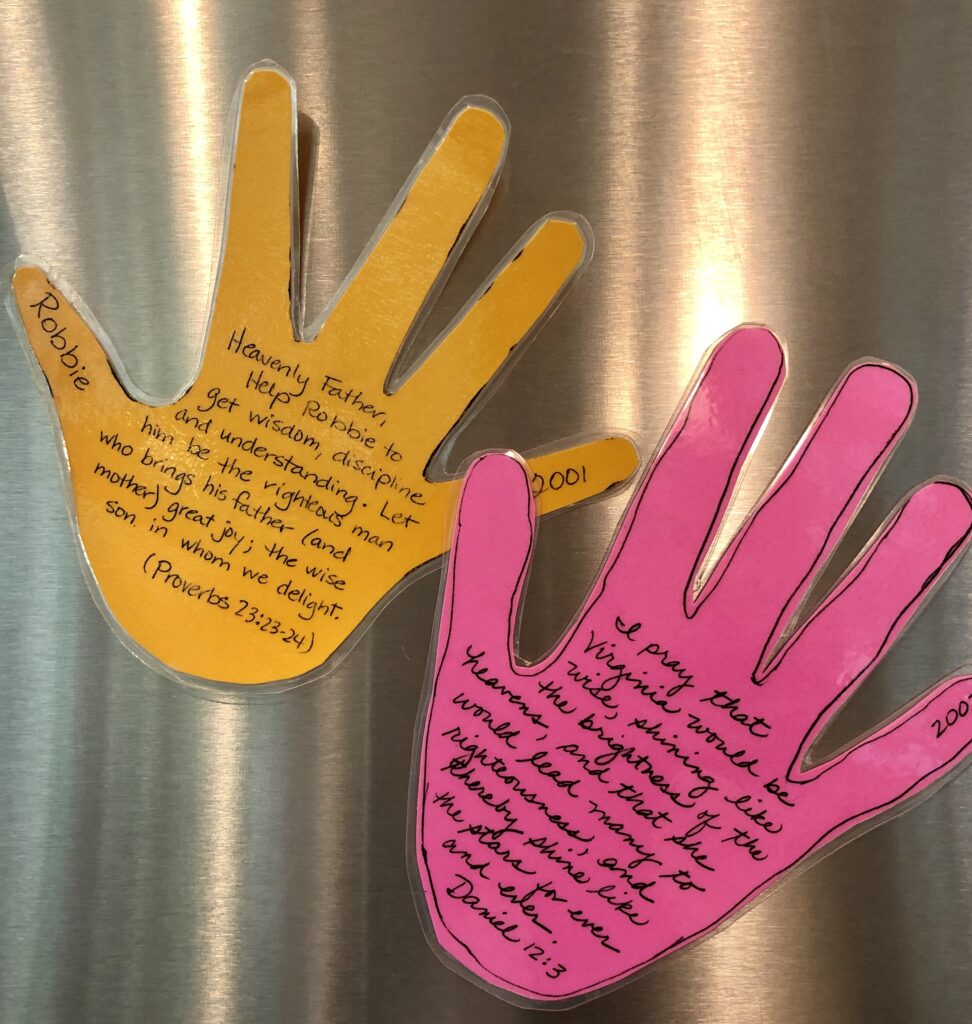What a week!
Praying the Scriptures for Your Marriage released Tuesday, and it has been PURE JOY to see you sharing the book on social media, reaching out to me via the website, and dropping happy reviews on Amazon. Thank you!
Even more than these things, though, with every “launch week” day that goes by–every podcast, every TV or radio show, every IG Live interview–I’m increasingly convinced that we are treading on holy ground in our marriages…and I find myself scrambling to get out of God’s way! I don’t want to say or do anything to muck up the message: God loves marriage because of the opportunity it represents to spotlight the lavish love story he has for us!

I’m still teasing out the love story connection (and its application for both marrieds and singles). Earlier this week, I shared a devotional over at Club31Women, and while it really just scratches the surface, I hope this expanded version lands in your in-box today as a reminder that you really are, as Deuteronomy 7:6 puts it, God’s “treasured possession.” Here you go:
Oh, how He loves us!
What do you want God to do for your marriage?
That’s the question I threw out on social media last year when I began work on the new book about how we can pray for our marriage. You can imagine the answers: People wanted better communication. Good relationships with their in-laws. Deeper spiritual and physical intimacy. Help handling money—and conflict.
People wanted the power to be kind and the grace to forgive.
These are all valid concerns—and they all made it into the book. Nobody, though, said anything about wanting to discover, and live out, God’s purpose for their marriage.
I’m not pointing fingers; when Robbie and I got married, we didn’t think about what God might want for our marriage (or the other way ‘round). I’m pretty sure I wanted kids and a house and Robbie wanted a dog. Beyond that, our primary desire was to just love one another.
Happily, that’s what God wants as well—for us, and for every marriage. God wants us to love one another because he wants our relationships to showcase the world’s greatest love story!
Over and over again in the Bible, we see evidence of God’s lavish affection:
He invites us to make ourselves at home in his love (John 15:9).
He says he will rejoice over us “as a bridegroom rejoices over his bride” (Isaiah 62:5).
And it doesn’t matter whether we are married or single; he promises a love story that lasts: “I will betroth you to me forever.” (Hosea 2:19)

“I will betroth you to me forever.”
I don’t know about you, but that one little line just undoes me.
Walk in love
We are God’s beloved. We can love, he says, because he first loved us. And every time we “walk in love” (as Ephesians 5:2 puts it), giving ourselves up for each other as Christ did for us, we get to partake of the gospel. Which, in a marriage, is something we have a hundred opportunities to do every day.

It might be a simple as bringing the other person a cup of coffee or getting up early to let the dog out. It might be going to the movie that we don’t care about but our spouse wants to see, or extending forgiveness when they were late (again). It might be something bigger. MUCH bigger. But whenever we choose to extend kindness and grace, putting our partner’s needs or desires ahead of our own, we reflect God’s lay-down-his-life love for us.
And that, I am discovering, is what marriage is all about.
Marriage isn’t about “completing” each other or making each other happy. It’s about walking in love. It’s about giving ourselves for one another, even when we are far from perfect or lovable. And it’s about remembering the greatest love story of all: While we were still sinners, Christ died for us.” (Romans 5:8).
Thank you, again, for your overwhelming support for the new book. I can’t begin to convey my gratitude here, but please know that I do pay attention to our email community (welcome, new friends!), and I often bring your needs (and sometimes your individual names) before God. As we enter into the weekend, I’m going back to the prayer that has animated and sustained my heart during the past year:
May the Lord make your love increase and overflow for each other and for everyone else, just as ours does for you. (1 Thessalonians 3:12)
❤️
For further reflection:
Take a few moments to consider the lavishness of God’s love. How does God’s betrothal—his desire to call you his own and be with you forever—encourage your heart?
In what ways does your marriage reflect the charge to walk in love and give yourselves up for each other? What role does the Holy Spirit play in equipping you to submit to your spouse out of reverence for Christ (Hint: See Ephesians 5:18-21)? How can you love and support one another this week?
And this probably goes without saying, but if you want to read more about God’s love for us and his purpose for marriage, Praying the Scriptures for Your Marriage: Trusting God with Your Most Important Relationship is available now. (Good golly, that’s a fun sentence to type!)





































